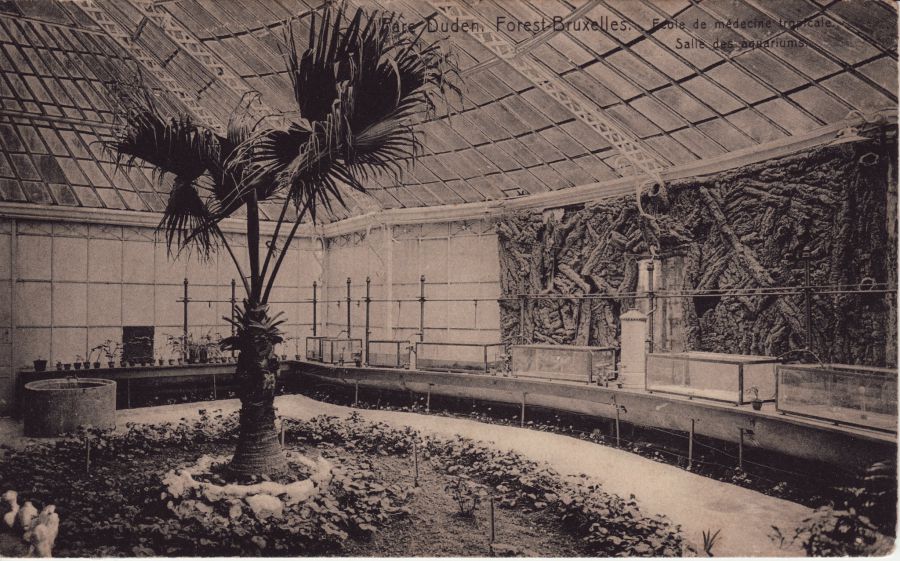About

EM - ARCHIVE 2013, http://ecole-mondiale.org
As children of Modernism, we understand the concepts of nature and culture as opposing forces in a binary relationship. This construct has presented itself through various modes of knowledge production and different disciplinary output. It was most widely recognised in social sciences as the eternal question of “Nature vs Nurture”, which has dominated Western society for the last two centuries.
More recently, it was understood that by looking at biological evolution, we could in turn trace the evolution of cultural ideas, and that in this respect nature and culture reflect one another. This approach positions these two processes on separate yet parallel trajectories, bringing them closer together via the moments at which they mirror each other.
But today, we find ourselves having to consider a new proposition that is influencing all humanities: the age of the Anthropocene – a geological age of our own making – and the idea that human activity has come to dominate the production of the environment across the entire globe, leaving no territory untouched. As a result of this, nature and culture have become inextricably intertwined. With the arrival of the Anthropocene the aforementioned parallel trajectories have been eschewed, leaving the relationship of culture and nature subject to reinterpretation. Indeed some say that they have become merged altogether. Increasingly, we understand nature as a form of cultural production and reproduction – where disciplines, resources and methodologies are fused together to deliver a hybrid environment.
A newly planted garden of over 30 varieties of medicinal and aromatic herbs welcomes the public at the entrance to Parc Duden. This is Le Jardin Essential. The garden will overlap with the French-English 19th Century Parc Duden passage, which is based on symmetry and the neoclassical principle of imposing order on nature. Above the garden, on the observation balcony, a distillation apparatus and laboratory invites neighbours to learn about and test different forms of extractions, formations and solvents, slowly transforming the herbs from the garden into a variety of products. At the same time, a cultural distillation process will deconstruct the new relationship between society and nature, which permeates a mixed program of design and artistic interventions on the site.
From July to September we will explore these concepts through our ongoing program. We invite you to grow, distill, make, taste, reflect, create and stroll with us, in the hybrid spaces of Le Jardin Essentiel.
